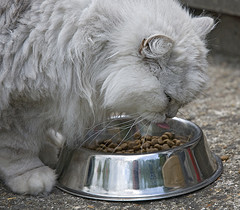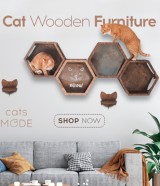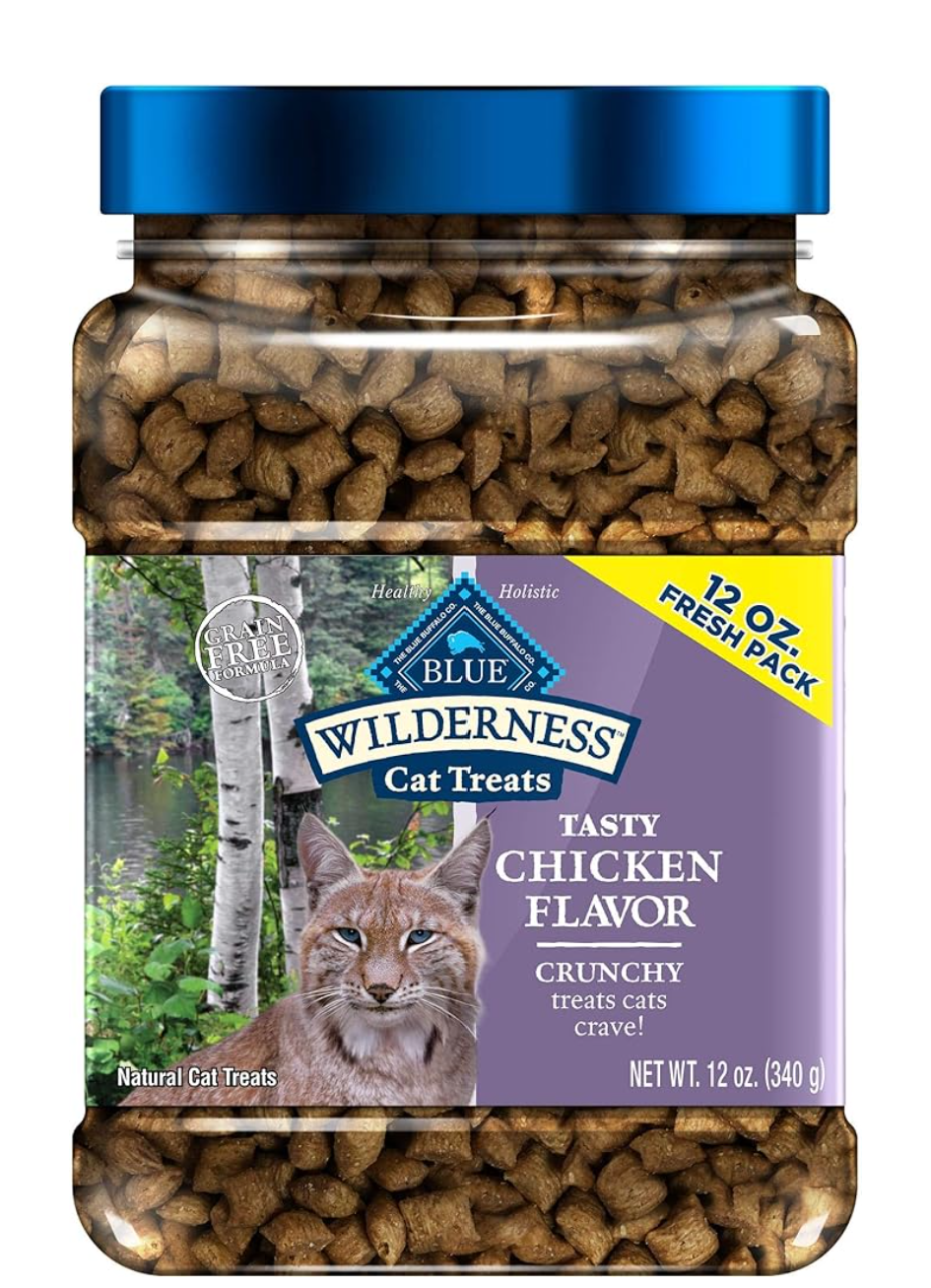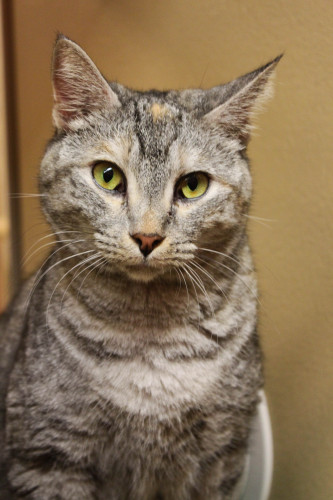Senior Cat Food and Special Diet
Senior cat food is
created bearing in mind the special needs of older cats. Senior cats are generally classified as being over 11 years of age. They are prone to old age diseases,
such as: heart problems, arthritis or obesity, and this will determine the need
for a change in diet.
Senior Cat Food
Senior cats aren't able to digest food as quickly and easily as younger cats. Their dietary needs must include high levels of protein to support a strong immune functioning.
Most mature cat foods contain highly digestible ingredients to help cats whose digestive system may not be as efficient as younger cats. In addition to easy-to-chew kibbles, a balanced and nutritious senior cat food must contain: high-quality protein, digestible carbohydrates, vitamins, minerals, a healthy level of magnesium, fiber, antioxidants, and fatty acids. As always, if you're unsure of what food to feed your senior cat, ask your veterinarian.
If your senior cat still eats dry food, you should consider switching to a smaller sized kibble; a lot of senior cats have dental problems, missing teeth or gum issues, so the chewing can be problematic. You may also moisten the kibble using some water or tuna water. Don’t forget about the occasional treats - it help to remove plaque buildup.
"Because the older pet's metabolism changes so that she typically burns less energy, lower calories are at the heart of most senior diets," says Dr. LaFlamme. "A lot of them also have added antioxidants, or added protein, or added this or that," she says. "But the real key is that diets are formulated to be balanced on the energy content of the diet and the expected energy intake of the animal. So it's really important that the diet mach the individual pet."
Older cats often don't drink enough water, so it is a good idea to provide your pet with plenty of canned food for its higher moisture content.
Please
note, if the cat has a medical condition, the diet should be altered
accordingly. Ask your veterinarian for assistance.
Special Dietary Needs
Cats with old age health issues, will require special diets to meet their needs. For example, cats with colitis, constipation, or anal gland disease often benefit from diets with increased dietary fiber.
Senior cats with diabetes mellitus, and inflammatory bowel disease (IBD) may benefit from a diet rich in fat and protein, and low in carbohydrates.
Senior cats with heart disease may require a special diet with decreased amounts of sodium and increased amounts of the amino acid taurine. Cats with dental and oral disease, who experience pain while eating hard food, may need to switch to canned food.
Make sure the senior cat food
label says: "complete and balanced" in accordance with
guidelines established by AAFCO.
Senior
Cat Feeding

Senior cats may develop vision and scent problems, so they may not eat. Your senior cat will need some help to find the food. When it’s feeding time, place some food on your finger and allow the cat to taste the food, so he will be able to eat the rest. You can also mix a little bit of tuna juice with his/her food, to increase the aroma of the food. Another option is to heat canned or moistened dry food in the microwave to a warm temperature - this will increase the aroma of the food.
However, if you
tried everything to get your cat to eat, and he/she refuses, this could be a
sign of an underlying condition. Contact your veterinarian immediately. Your
Vet can diagnose the condition and get your cat started on the right treatment.
Should I give my senior cat supplements?
If you are feeding your senior cat a balanced and nutritious diet, he/she shouldn't need supplements. Although, some health conditions that affect older cats can make it more difficult for them to absorb certain vitamins or nutrients.
Older cats may
have decreased absorption of nutrients from their intestinal tract, and often
lose more of them through their kidneys and urinary tract. Also, some older
animals eat less (due to conditions such as oral disease) and may not receive
their daily needs of vitamins and minerals.
Depending on your
cat's condition, your veterinarian can recommend daily supplements, such as:
antioxidants such as vitamins A (beta carotene), C and E.
Thus, senior cat
food will have specific nutritional ingredients for their needs. Such as their
need for high amounts of protein, amino acid taurine, and vitamins A, C and E.
Consult with your veterinarian to determine the best diet for your older cat.
Return from Senior Cat Food to Our Home Page
Follow us
Share this page
Healthy Cat Treat

Subscribe to Our Love Cats Digest e-zine
"A cat improves the garden wall in sunshine, and the hearth in foul weather." - Judith Merkle Riley
Marketing Strategies by











New! Comments
Have your say about what you just read! Leave me a comment in the box below.